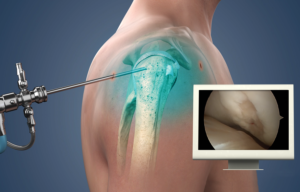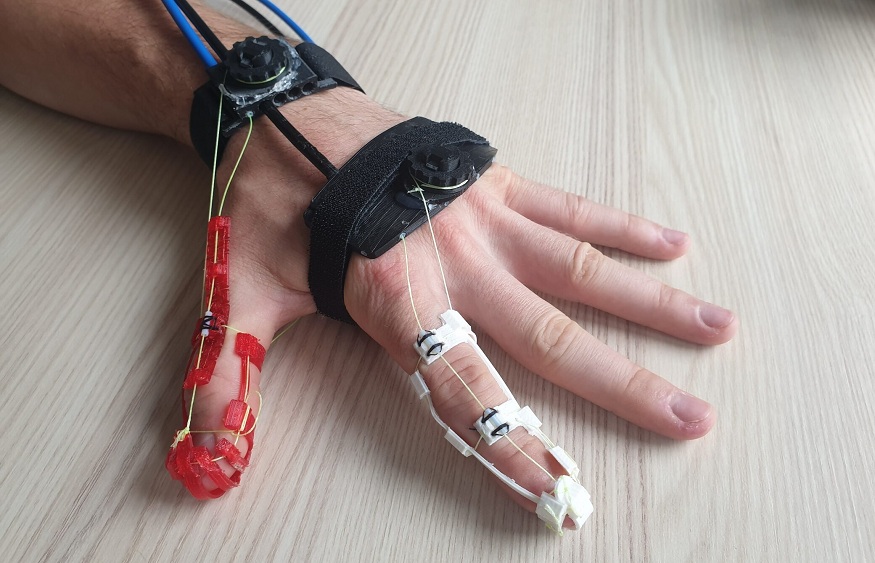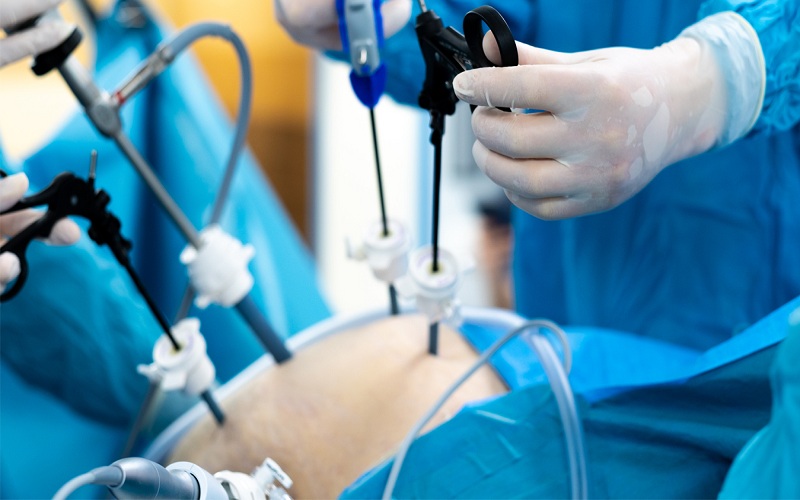Shoulder surgeries are major medical procedures that usually cause swelling, pain. In addition, they considerably reduce mobility during healing, which can last a few months [1] . No matter what type of shoulder surgery you’re having (rotator cuff repair, labrum repair surgery, or arthroscopic surgery), know that you’ll be hard pressed to feel comfortable at night and sleep well during the recovery stage. Remember, however, that there are tips and recommendations that will allow you to sleep more comfortably after shoulder surgery.
Treating Shoulder Pain Before Bedtime
Put ice packs on the part before going to bed. Treating shoulder pain before you go to bed helps you fall asleep easily, which is important for your body’s healing process to work. Placing an ice pack on your sore shoulder for 30 minutes before you go to bed can help ease pain, reduce inflammation, and provide temporary relief. All of these factors are important for you to sleep well.
Avoid applying anything cold to your sore shoulder without wrapping it in a towel or thin cloth first to avoid irritation or frostbite.
You should hold the ice cubes or crushed ice on your shoulder for about 15 minutes or until the affected area is numb and you no longer really feel the pain.
If you don’t have ice, you can use a bag of frozen vegetables or fruit that you previously put in your freezer.
You can experience the benefits of cryotherapy for 15 to 60 minutes, which is usually enough time to allow you to fall asleep.
Take your medications according to the doctor’s instructions. The other important aspect in the postoperative treatment of the pain you feel in your shoulder before bedtime. It involves taking prescription or over-the-counter medication as recommended by your family doctor or surgeon. It doesn’t matter if it’s an anti-inflammatory or a painkiller, you should make sure to take the recommended dose about 30 minutes before you go to bed, as this should be enough time for you to feel the effects and sleep peacefully.
Take your medication with some food before going to bed. This will allow you to avoid gastric irritation. For example, cereal, yogurt, toast or fruit are great options.
It is strongly advised not to take the medication with alcoholic beverages such as liqueur, wine or beer, due to the increased risk of allergic reaction that these can cause in your body. So instead of alcoholic beverages, use juice or water, but don’t take grapefruit juice. In fact, the latter interacts with several different drugs, and this can dramatically increase the concentration of the drug in your body, something that could prove fatal [2] .
Most patients who have had shoulder surgery need to take prescription narcotics for at least a few days. This delay can sometimes go up to 2 weeks [3] .
Put an arm in a sling during the day. After you have had shoulder surgery, your family doctor or surgeon will probably place or recommend that you put your arm in a sling during the day for a few weeks. In fact, the arms in a sling act as a support for the shoulder and fight the inciting effects of gravity, which accentuates the shoulder pains after the operation. Putting your arm in a sling during the day will reduce the amount of pain and swelling in your shoulder at the end of the day, allowing you to sleep soundly at night.
Put the sling arm strap around your neck in the most comfortable position for your sore shoulder.
The sling can be removed for short periods if needed, provided your arm is well supported. Make the effort to lie on your back when taking it off.
You may have to go a few days without showering if your surgeon insists that you keep your sling on all the time. It is also possible to keep another that you can put on while you are in the shower. Once you get out of the shower and towel your body, you can then put the scarf back on dry.
Avoid overdoing it during the day. It’s also helpful to do it gently throughout the day while your shoulder heals to avoid intense pain at night before you go to bed. You’ll have a really hard time moving your shoulder when you put on a sling, but it’s important that you can avoid activities that can cause this part of your body to hurt like working out on stairs, running foot or fights with friends. Depending on the type of surgery you have had, you will need to do everything to really protect your shoulder for at least a few months, if not several.
It is strongly advised to walk during the day and early evening as it will aid blood circulation and greatly improve your overall health. However, you need to make sure to go easy and slow.
Keep in mind that your balance will be affected when you put on an arm splint, which means you need to exercise caution to avoid accidents and falls that can further aggravate your shoulder and make it harder to sleep.




